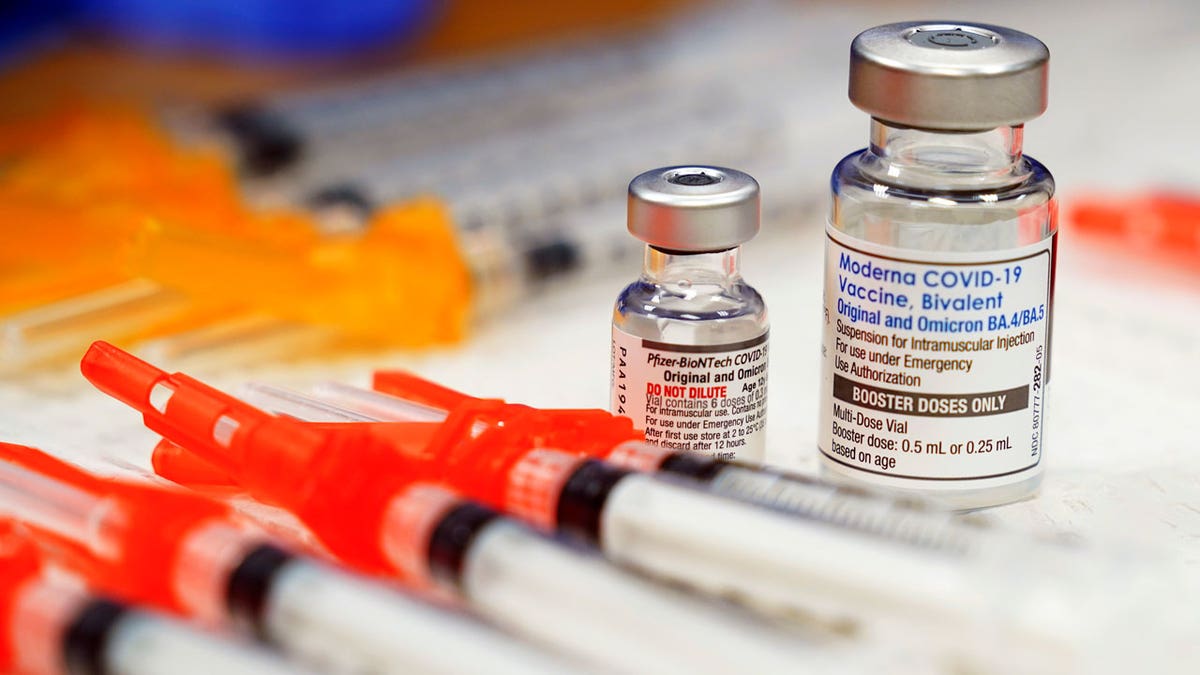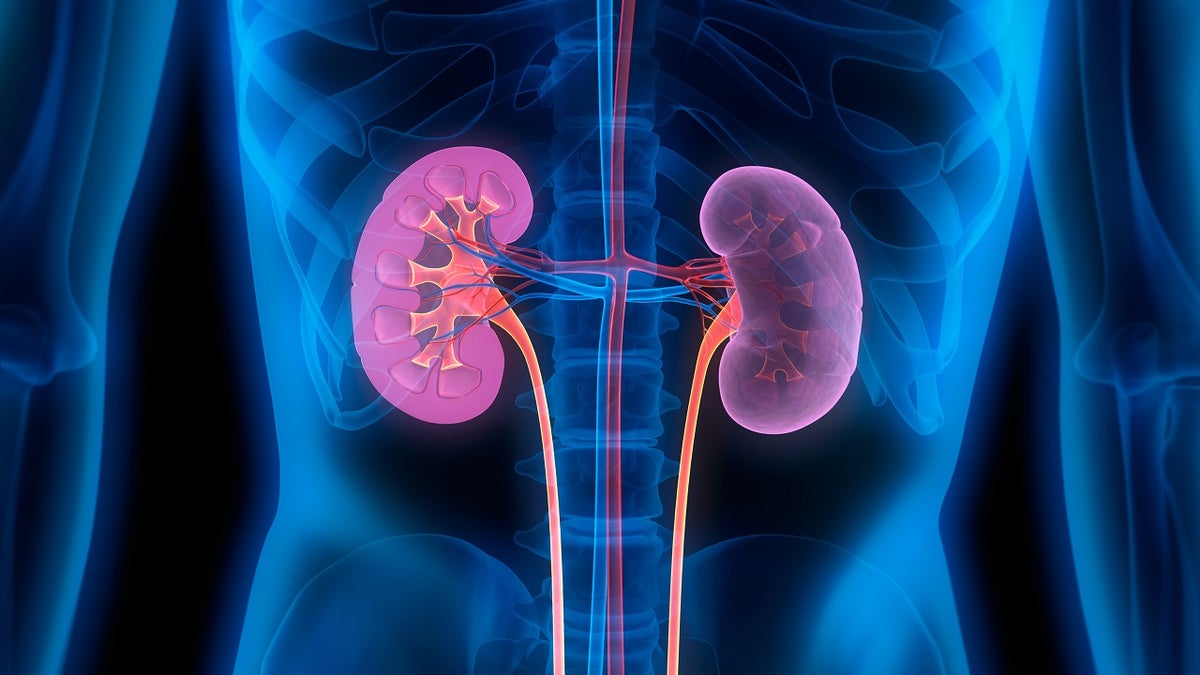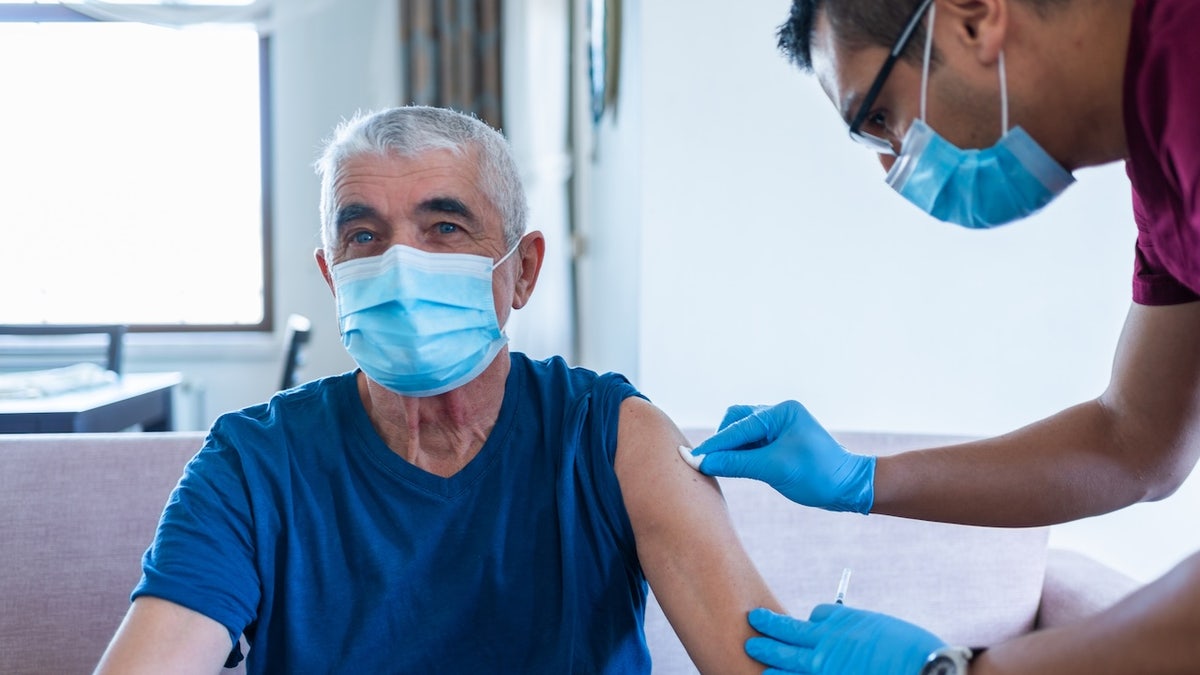NEWYou can now listen to Fox News articles!
Two large studies have put a spotlight on potential health risks of the COVID vaccine — but some experts urge caution when interpreting the findings.
Recent research has linked the vaccine to a higher risk of kidney injury, as well as certain respiratory infections.
A Korean study published in the International Journal of Infectious Diseases looked at how infectious diseases changed during and after the COVID-19 pandemic, as well as the impact of vaccines.
SURGE IN WHOOPING COUGH CASES IN SOUTHERN STATE PROMPTS HEALTH ALERTS
“While influenza-like illness dropped sharply during the early pandemic, upper respiratory infections and the common cold surged in 2023 and 2024, far above expected levels,” lead study author Jihun Song, Ph.D., from the Department of Biomedical Informatics at the Korea University College of Medicine, told Fox News Digital.
“Most strikingly, pertussis increased more than 40-fold compared to historical trends.”

Recent research has linked the vaccine to a higher risk of kidney injury, as well as certain respiratory infections. (iStock)
“The key message is that respiratory infections in Korea dramatically shifted after the COVID-19 pandemic, and the patterns differ by disease.”
When the researchers looked at the impact of the COVID vaccine, they found that people who received four or more doses were less likely to get flu-like illnesses and whooping cough, but more likely to get common colds and other mild respiratory infections.
CANCER SURVIVAL APPEARS TO DOUBLE WITH COMMON VACCINE, RESEARCHERS SAY
“We did not expect to see such divergent associations with infectious disease type, where some infections (influenza-like illness) decreased among vaccinated individuals, while others (the common cold) increased,” Song said. “These mixed associations likely reflect complex changes in immunity, behavior and healthcare use in the post-pandemic era.”

People who received four or more doses of the COVID-19 vaccine were less likely to get flu-like illnesses and whooping cough, but more likely to get common colds and other mild respiratory infections, researchers said. (AP Photo/Steve Helber, File)
Dr. Jacob Glanville, CEO of Centivax, a San Francisco biotechnology company, pointed out that the group that received more vaccines were older, averaging 67 years of age, while the groups with fewer vaccines averaged 37 to 47 years old.
“They need to do age matching (called controlling for confounding variables) and then run the analysis again,” Glanville, who was not involved in the study, told Fox News Digital. “Obviously, old people go to the hospital more for colds and upper respiratory infections.”
SHINGLES VACCINE CONNECTED TO ‘EXCITING’ HEALTH BENEFITS IN LARGE STUDY
The researchers noted that because the study was observational, it does not prove that the vaccine caused the rise in infections, but only shows an association.
Also, older adults and people with chronic conditions are more likely to receive booster doses, which may influence the results, Song noted.
Changes in “care-seeking behavior” and patterns of medical use pose another limitation, he said. “After years of reduced healthcare use, people may visit clinics differently than before, affecting diagnosis rates.”

In a recent study, COVID-19 vaccination was associated with a higher risk of acute kidney injury and dialysis within one year, although vaccinated people had lower rates of death from all causes. (iStock)
The researchers also didn’t collect immunological data — such as antibody levels or immune cell activity — which means they couldn’t tell whether the effects were due to biological immune responses or outside factors.
“The findings may be influenced by differences in age, underlying illnesses and healthcare utilization among vaccinated and unvaccinated groups,” Song said.
COMMON VIRUSES LINKED TO ‘DRAMATIC’ SPIKE IN HEART ATTACK AND STROKE RISK
He emphasized that the study doesn’t mean people should avoid the COVID vaccine.
“Instead, it highlights the need for awareness of rising respiratory infections to encourage timely diagnosis and appropriate preventive measures, [as well as] strengthened surveillance for respiratory pathogens, as the post-COVID landscape is fundamentally different from before,” Song said.

“While influenza-like illness dropped sharply during the early pandemic, upper respiratory infections and the common cold surged in 2023 and 2024, far above expected levels,” a researcher said. (iStock)
“Our findings should not be interpreted as evidence that the vaccine increases or decreases specific infections, but rather as indicators of population-level trends that require further investigation.”
In another recent study published in the International Journal of Medical Sciences, COVID-19 vaccination was associated with a higher risk of acute kidney injury and dialysis within one year, although vaccinated people had lower rates of death from all causes.
CLICK HERE TO DOWNLOAD THE FOX NEWS APP
Within 12 months, 15,809 vaccinated people developed acute kidney injury, compared to 11,081 unvaccinated people.
A total of 1,513 people received dialysis within a year of vaccination, compared to 697 unvaccinated people.
“Both risks were low in absolute terms, but the study is statistically well-controlled and there might be a real signal here,” Glanville told Fox News Digital.
“Other studies showed that the risk of renal disease from infection is way higher than from vaccination, which is counterintuitive,” he went on. “This deserves to be looked at further.”
The study also had limitations, the researchers acknowledged.
CLICK HERE TO SIGN UP FOR OUR HEALTH NEWSLETTER
Those included gaps in the electronic health record data — it lacked information on vaccine doses and antibody levels, as well as details of kidney problems, other health conditions and over-the-counter medications that may affect the kidneys.
Because it was a retrospective study and not a controlled trial, differences between groups may have influenced the results.
“Benefits and risks are reported in both studies.”
Hua Wang, associate professor of materials science and engineering at the University of Illinois’ Grainger College of Engineering, encourages people to be cautious when interpreting data in this type of research.
“Both benefits and risks are reported in both studies, so we should not simply highlight the potential negative effects of COVID-19 vaccination as some news articles stated,” said Wang, who was not involved in the studies.
TEST YOURSELF WITH OUR LATEST LIFESTYLE QUIZ
“One potential limitation of the two studies is the lack of information on the fraction of participants being diagnosed with SARS-COVID-2 virus in the vaccinated and non-vaccinated groups,” the professor added. “The effect of viruses themselves, as we know, could be significant.”

One expert pointed out that the group that received more vaccines were older, averaging 67 years of age, while the groups with fewer vaccines averaged 37 to 47 years old. (iStock)
Dr. Marc Siegel, Fox News senior medical analyst and the author of the new book “The Miracles Among Us” (Fox News Books), also commented on the research.
“These are massive studies that by no means prove that COVID vaccines cause kidney problems or increase the susceptibility to other respiratory infections, including flu,” he told Fox News Digital.
CLICK HERE FOR MORE HEALTH STORIES
“However, the association found is certainly worth investigating further, and does shed a spotlight on the fact that priming the immune pump has to be carefully followed to consider potential effects.”
Added Siegel, “It is also quite possible that the studies were biased if those who took the vaccine were already more prone to other infections or to kidney problems.”
